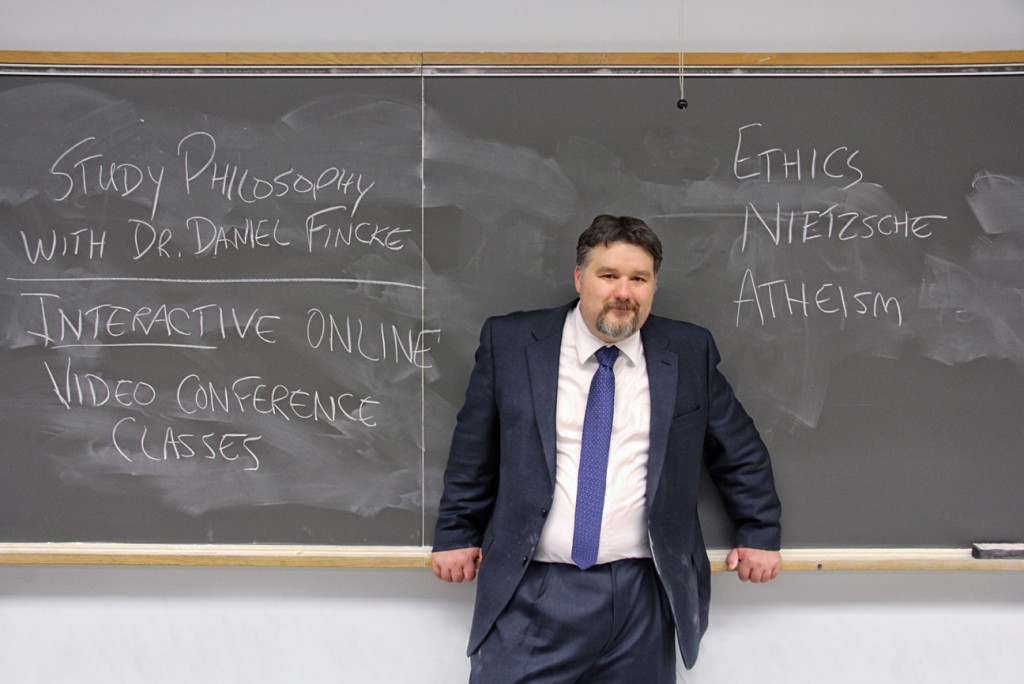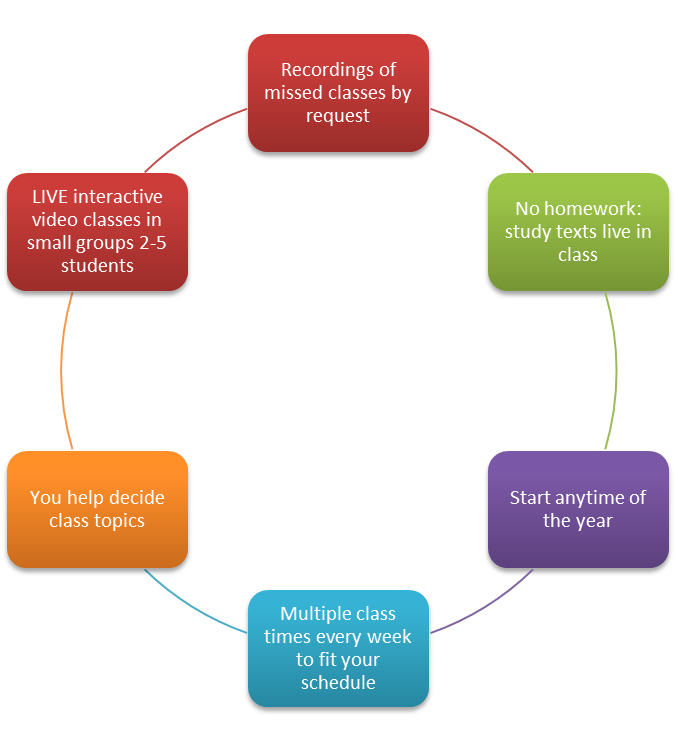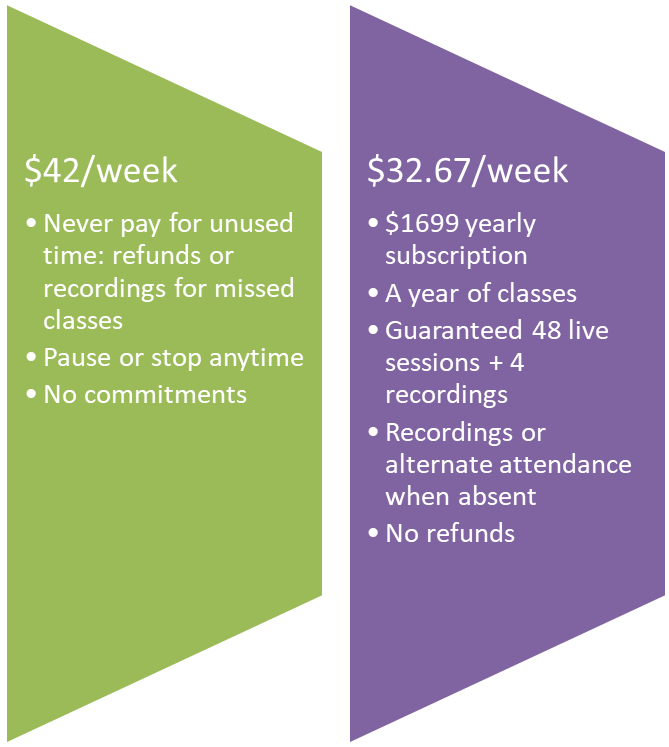Philosophy of Science topics explore the foundations of science and of knowledge more generally. We can cover the most influential philosophers of science and knowledge since the Scientific Revolution, focusing primarily on the giants of the 20th Century and the details of live contemporary debates about the natures of science and knowledge. We can explore questions like the following:
“What does it mean for a theory to be “scientific”?”
“Are there criteria by which we can determine the difference between science, pseudoscience, and non-science?”
“Is all genuine knowledge scientific knowledge?”
“What is the nature of causation and is it a scientific concept?”
“Can we overcome the problem of induction?”
“What does it mean for science to give explanations?”
“Does science give us the world as it is in its innermost essence or does it give us useful ways of talking about the world that still don’t characterize its most fundamental nature?”
“How can we have objectivity in science if human thinking and theorizing is inevitably interpretation laden?”
“What is scientism and is it a bad thing?”
“Can an atheist consistently use language of purposes in nature?”
“How can scientists rationally assess competing theories that are very dissimilar and each have their own contrary ways of accounting sensitively for empirical evidence?”
“How can we best make metaphysical sense of numerous counterintuitive findings in physics?”
“What is the relevance of evolution for other spheres of human living and knowing?”
“What should the proper relationship between science and values be?”
“In what ways does it make sense or not to conceive of a ‘scientific’ approach to morality?”
“What are we to make of various specific religious attempts to appeal to scientific facts in support of theological and religiously favorable philosophical propositions?”
“Are science and faith reconcilable?”
“Is faith and reason more generally reconcilable?”
“What is knowledge?”
“What is perception?”
“Does anyone know anything at all?”
“Is all truth relative?”
“Is all truth perspectival?”
“Is any knowledge acquirable through the use of reason itself, which is true and knowable independent of any acquisition of highly particular empirical facts of the sort only knowable through science or personal experience?”
“What matters more in knowledge: that it has a firm foundation or that our beliefs are internally coherent to the maximal degree?”
“Do we have moral obligations to believe, disbelieve, or withhold belief in response to certain kinds of evidence or lack thereof?”
“Can we solve certain skeptical puzzles (such as about the existence of the external world) and does saying we have knowledge depend on doing so?”
“When the practical consequences of a belief are higher, is there a greater burden of justification before it is claimed as knowledge?”
“What personal factors might influence whether someone has a better claim to insight into a specific problem?”
“When or how is it rationally appropriate to believe based on authority?”
“What is philosophy and what kind of knowledge might it produce?”
In Epistemology class sessions we explore questions about the nature and foundations of knowledge, belief, and truth. Specific topics you can choose among include:
*The Criteria for Knowledge
*Sense Perception
*Beliefs
*Truth
*Foundationalism vs. Coherentism
*Virtue Epistemology
*Skepticism About Knowledge
*Criteria for Justification of Beliefs
*Innate Knowledge
*A Priori Knowledge
*Relativism
*Perspectivism
*Moral Skepticism
*Moral Epistemology
*Internalism, Externalism, Reliablism
*Evidence
*Explanation
*Disagreement
*Vagueness
*Testimony
*Authority
*Faith and Reason
*Religious Knowledge and Religious Skepticism
*Duties with Respect to Knowledge
*Epistemology and Social Justice
*Naturalism and Epistemology
*Psychology and Epistemology
*Decision Theory and Epistemology
*Non-Inferential Knowledge
*Embodied Knowledge
*Contextualism
*Philosophical Knowledge
*Scientific Knowledge
*Demarcating Science vs. Pseudoscience
*Scientism
*Scientific Justification
*Theory Changes in Science
*Theories and Facts in Science
*Induction

I earned my PhD in Philosophy from Fordham University. I wrote my dissertation on Ethics and Nietzsche’s philosophy. From January 2013 through December 2013, I taught 2,500 university students spread across 93 classes from 7 universities.
Since January 2013 I have been leading small group online classes of self-motivated independent learners from around the world. These highly personalized two hour weekly classes run year round and offer you live, dynamic, interactive class discussions with other students and me, held over videoconference (using Google Hangout, which downloads in just seconds). Classes are flexible enough to meet the needs of both beginners and students with existing philosophical background.
Starting September 2018 I have students for classes on Sundays 9am-11am Eastern, Sundays at 11am-1pm Eastern, Mondays at 12pm-2pm Eastern, and Saturdays at 5pm-7pm Eastern. I am very happy to add more class sections on Sundays (any time) and Mondays (after 2pm Eastern) if you need them. The topics the classes will be covering will change every two to four weeks. Class topics for September and October 2018 will be announced early in September.
Try out my classes for free with a no-commitment trial! Join my private Facebook group for my classes, write me at camelswithhammers@gmail.com or friend me and write to me on Facebook in order to schedule one.


For Fall 2018, I’m implementing a new system to help students get as many classmates as possible and to both increase and more sharply focus my lecture prep time in order to deliver even better class sessions. Here’s how it will work:
- Instead of offering a wide range of classes, each devoted to one narrow philosophical topics, I am going to offer multiple sections of one year round class called “Philosophy”, in which we explore a variety of philosophical topics, 2-4 weeks at a time.
- Class topics can come from the full gamut of philosophical topics, including everything that I have previously offered to cover in previous philosophy classes. Click on any of the following links to get ideas for class topics to request: Metaethics, Philosophy of Religion, Virtues, Values, and Meaning in Life, Normative Ethics, Topical Introductions to Philosophy, History of Philosophy, Contemporary Ethical and Social Controversies, Nietzsche, Moral Evolution, Psychology, and Philosophy, Philosophy of Love, Sex, and Gender, Philosophy of Mind and Language, Social and Political Philosophy, Political Philosophy for the Age of Trump, Philosophy for Atheists, Philosophy of Science, and Epistemology.
- With current and prospective students’ input, I will choose the specific topics to be covered and publicize them a full month in advance. Each week there will be two different topics that I will announce and each class section’s regular students will choose which of them they want me to cover with them. Students who are outvoted are free to hop into another class section doing the other available topic. If no other class sections are covering the alternate topic, I will open up another class section for them. Students can also hop from one class to another for any other reason. I will use the private Facebook group for my current, past, and prospective online students as the forum for students to decide on which class sections will be discussing which topics. Feel free to join the group even if you are only considering attendance.
- Most weeks I spend portions of class reading aloud sections of books and articles as we look at them together on a screen share, so you don’t have to read outside of class to engage regularly with philosophical texts. As we read, we explicate and criticize the texts together and eventually wind up creatively, critically, and constructively discussing with each other our own ideas stimulated by the texts we’re reading. The texts we read together include (1) a mixture of classic and cutting edge primary sources, (2) summations of key positions from the philosophical literature written in handbooks and encyclopedias designed for professional philosophers and students alike, and (3) chapters from introductory texts written for undergraduate and graduate philosophy majors.
- Class sessions are designed to be both accessible to newcomers to philosophy getting caught up on the subject and perpetually novel enough to provide new insights to longtime philosophy student. New students should feel free to hop into classes at any time of the year without having to worry about having missed previous weeks since we are routinely starting in on new topics. Classes are not structured traditional college course with a strictly limited timeframe and a distinct beginning, middle, and end where later material builds on earlier material. Instead they are modeled off rolling year round classes like yoga classes, book clubs, and Bible studies, where new people are able to seamlessly phase in at any time with little trouble and stay for as many years or as few weeks as they want. People can also conveniently take hiatuses and return without worrying about what they missed.
- If you are on a weekly subscription, when you miss class you will be given the option of (a) sitting in with another class section, (b) receiving a full refund, with no guilting and no questions asked, or (c) receiving a recording of the missed session or another recording from my archive of my favorite past classes on a wide variety of topics. All recordings are copyrighted and strictly confidential. You may not distribute or broadcast them to any others without my express written permission.
- Some busy prospective students worry that they will either inconvenience me or not keep up with the material if they have inconsistent attendance in their regular time slot. Fear of inconsistent attendance should never be the reason for not signing up to my classes. From both a pedagogical standpoint and, frankly, a business standpoint, it’s always in my own interest to make up the class time, to give you a recording or to give you a refund so that you are getting value from your money and continuing to pay me and be a part of the class when you can attend. I strive to make philosophical discussions with me and your classmates such a highly valued part of your weekly ritual that you continue to participate in classes with me year round, I look at this from a long term perspective and fully expect that it will be inevitable and healthy that eventually you will have some other weeks away (sometimes consecutively even), that you will attend to important occasions that arise, go on vacations, deal with illnesses, or just plain need to save money sometimes. My goal is to be accommodating so that whenever it works for you to join in my classes, you feel welcome and feel no guilt over the times you cannot.
- My classes require no outside reading or homework or grades–only participation in once weekly 2 hour sessions that can fit the schedules of busy people. I take it as my responsibility to catch you up to speed on the ideas we’re covering so that you are able to fully engage with the concepts for yourself without having to do work on the topics the rest of the week. Students interested in outside reading will be provided with suggestions upon request. But I find that these classes work best (and people attend most frequently) when they fit into students’ otherwise busy schedules as a once weekly source of rest, intellectual reinvigoration, and mentally stimulating social interaction, rather than as a source of extra solitary work and deadlines throughout the week.
- You may start and stop attending at any time throughout these classes. You are encouraged to inform me in advance of your topic preferences and any time limits you have in mind for how long you expect to participate in the classes, so that I can be sure to prioritize your interests while you are part of the class.
- Most students pay for classes using a Weekly Subscription. Once you subscribe, you’re self-enrolled in the class and automatically billed by PayPal for $42 weekly until whenever you want to suspend your subscription or cancel. Any time I cancel class or you are absent (for whatever reason) you are offered a recording from my archive that I think you will like or refunded if you’d rather that. Unlike with your gym membership, you will never get stuck paying for time you don’t use if you sign up for a Weekly Subscription. And when you’re ready to cancel your subscription you can self-cancel with PayPal directly or ask me to pause your subscription if you hope to come back at any point in the future.
- Students who (a) are willing to commit up front to attend class year round, (b) have the money upfront, and (c) do not mind supporting me even in the case that they are unable to attend as often as they expect, are welcome to sign up at any point for a Year Long Subscription in order to receive a guaranteed 48 live sessions and 4 recorded “best of” sessions from my archives when I go on vacation for a total of $1,699. Plus every time you miss class you are guaranteed a recording so you will certainly get 52 sessions worth of class between live attendance and recordings, even if your schedule becomes hectic at any point. That’s a rate of just $32.67/session for a savings of 22% as compared to paying for 52 weeks on a Weekly Subscription. Unused sessions within the 12 month period the subscription covers cannot be used in the next year. Students may sometimes attend more than once a week to get their 52 owed sessions. There are no refunds if students fail to attend all 52 sessions. Prorated refunds are only offered in cases where I neglect to offer or show up to 48 weeks’ worth of classes or to make adequate accommodations to make up any classes I have to cancel and neglect to produce recordings for missed weeks. Students may also defer time from their subscription if they suspend it for 1-12 months due to a personal hardship.
- People who live together are permitted to take a class together for no extra cost, if they share the same camera. Partial and full scholarships are also available for students who cannot afford the classes. Please write me at camelswithhammers@gmail.com or friend me and write to me on Facebook in order to be put on the list of potential scholarship recipients.








